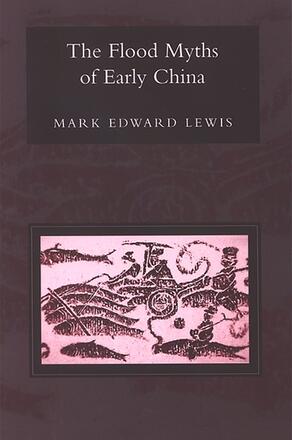
The Flood Myths of Early China
Alternative formats available from:
Explores how the flood myths of early China provided a template for that society’s major social and political institutions.
Description
Early Chinese ideas about the construction of an ordered human space received narrative form in a set of stories dealing with the rescue of the world and its inhabitants from a universal flood. This book demonstrates how early Chinese stories of the re-creation of the world from a watery chaos provided principles underlying such fundamental units as the state, lineage, the married couple, and even the human body. These myths also supplied a charter for the major political and social institutions of Warring States (481–221 BC) and early imperial (220 BC–AD 220) China.
In some versions of the tales, the flood was triggered by rebellion, while other versions linked the taming of the flood with the creation of the institution of a lineage, and still others linked the taming to the process in which the divided principles of the masculine and the feminine were joined in the married couple to produce an ordered household. While availing themselves of earlier stories and of central religious rituals of the period, these myths transformed earlier divinities or animal spirits into rulers or ministers and provided both etiologies and legitimation for the emerging political and social institutions that culminated in the creation of a unitary empire.
Mark Edward Lewis is Kwoh-ting Li Professor of Chinese Culture at Stanford University and the author of Writing and Authority in Early China and The Construction of Space in Early China, both published by SUNY Press.
Reviews
"This is a well-documented study of the Chinese flood myths that came to be written down during the Warring States and especially the Han period … For anyone who has a serious interest in Chinese flood myths per se, this is the best place to begin." — History of Religions
"…distinctive in being the first English language, Western monograph providing a comprehensive study of Han flood myths." — Journal of Folklore Research
"This is a superb example of the best of contemporary studies of early China. Every page in every chapter of this book is a feast. The scholarship is impeccable, the sense of order deft, and the narrative argument compelling." — John H. Berthrong, author of Concerning Creativity: A Comparison of Chu Hsi, Whitehead, and Neville